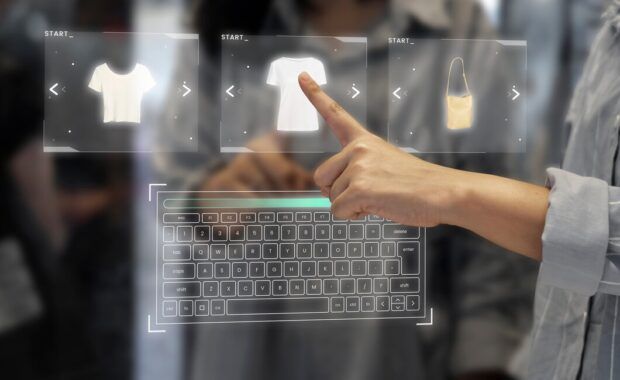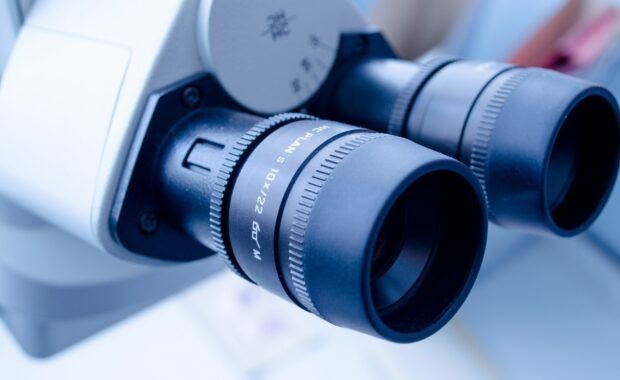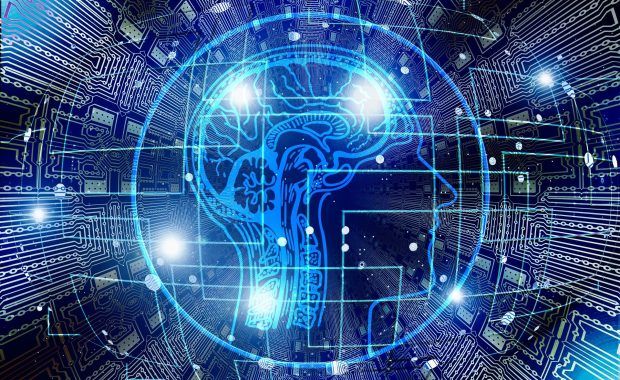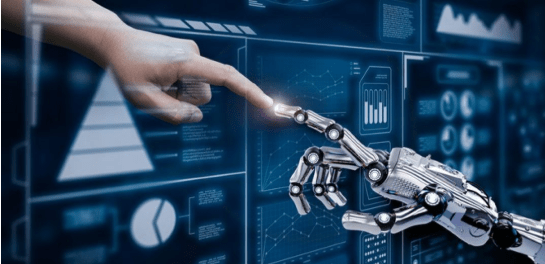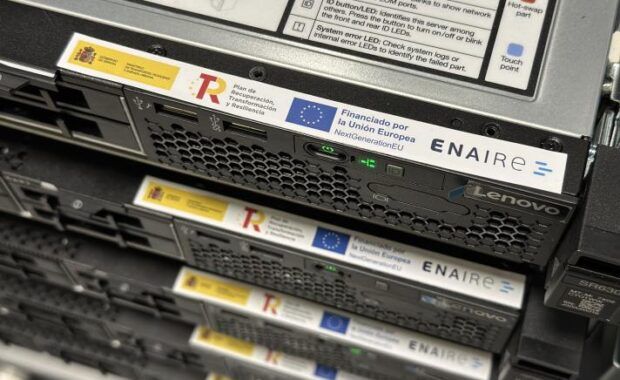Last July 2, the European Commission has put forward the Quantum Strategy to make Europe a global leader in quantum by 2030. The Strategy will foster a resilient, sovereign quantum ecosystem that fuels startup growth and transforms breakthrough science into market-ready applications, while maintaining Europe’s scientific leadership. Quantum technologies will revolutionise addressing complex challenges, from pharmaceutical […]
Read More2025 Digital Decade Progress Package
The State of the Digital Decade 2025 report offers a comprehensive overview of the EU’s digital transformation. The Digital Decade Policy Programme 2030 sets the framework for the EU’s digital transformation. The Commission monitors its evolution each year with a report on the state of the Digital Decade. The report maps the progress […]
Read MoreEuropean Commission gives green light to SES’s acquisition of Intelsat without conditions
The European Commission has approved unconditionally, under the EU Merger Regulation, the proposed acquisition of Intelsat Holdings S.à r.l. (‘Intelsat’) by SES S.A. (‘SES’). The Commission concluded that the transaction would not raise competition concerns in the European Economic Area (‘EEA’). Both SES and Intelsat are global satellite network operators that own and operate geostationary […]
Read MoreEU-Funded Scientist Awarded Shaw Prize for Breakthroughs in Advanced 3D Imaging Technology
Molecular biologist and European Research Council grantee Wolfgang Baumeister was awarded the Shaw Prize at a press conference held in Hong Kong on 27 May 2025. Director Emeritus and scientific member of the Max Planck Institute of Biochemistry in Germany, Baumeister received this honour for his trailblazing work on the advancement of cryogenic-electron tomography (cryo-ET). […]
Read MoreCommission seeks input to clarify rules for general-purpose AI models
Last April 22, the Commission invites stakeholders to bring their practical experience to shape clear, accessible EU rules on general-purpose AI (GPAI) models in a targeted consultation that will contribute to the upcoming Commission guidelines. The guidelines will clarify key concepts underlying the provisions in the AI Act on GPAI models. Upcoming guidelines will give […]
Read More“AI Continent”, the Commission’s ambitious Action Plan
AI Factories are open and dynamic AI ecosystems built around the public network of world-leading EuroHPC supercomputers in Europe. They support the EU’s AI research and industrial ecosystem by bringing together the necessary ingredients – computing power, data and talent – to create cutting-edge and reliable AI models and applications. They foster collaboration across Europe, […]
Read MoreCommission to invest €1.3 billion in artificial intelligence, cybersecurity and digital skills
The Commission will allocate €1.3 billion for the deployment of critical technologies that are strategically important for the future of Europe and the continent’s tech sovereignty through the Digital Europe Programme (DIGITAL) work programme for 2025 to 2027 adopted on March 28th. The work programme focuses on the deployment of Artificial Intelligence (AI) and its uptake […]
Read MoreEurostat has released an enhanced version of its “My region”
Eurostat released last March 27th an enhanced version of its ‘My region’ data visualisation tool, making it easier and quicker to learn more about your region and how it compares to others in the EU and in EFTA countries. This tool is the perfect entry point for everyone interested in data about regions: it can be used to get […]
Read MoreA team from the Representation of the European Commission in Spain visits the facilities of ENAIRE’s Control Center in Madrid
On 25 March, a group from the European Commission and the Ministry of Science, Innovation and Universities visited the facilities of the ENAIRE Control Centre in Madrid to see first-hand projects demonstrating how NextGenerationEU funds support the development of the Single European Sky, through the Spanish Strategic Aerospace Project (PERTE Aerospace) of the Recovery, Transformation […]
Read More

